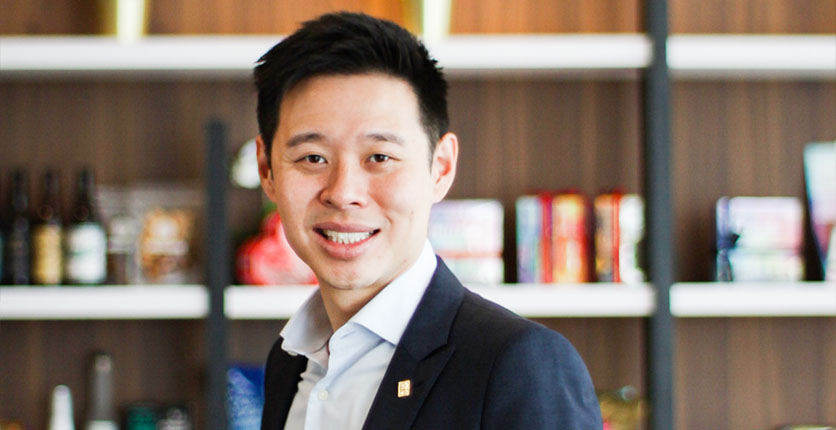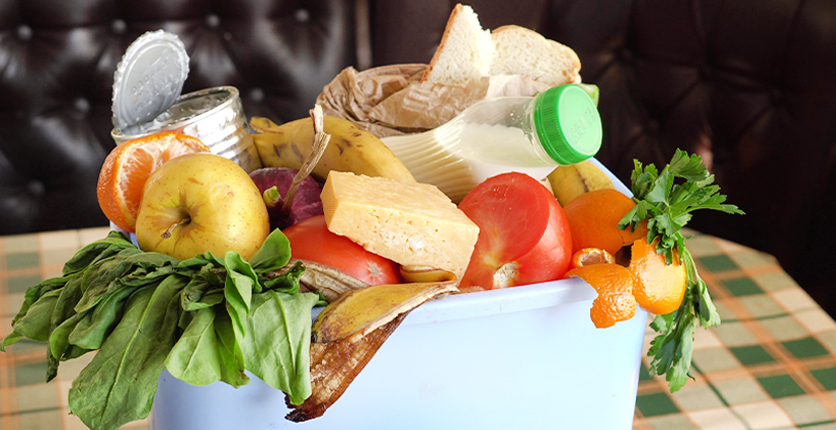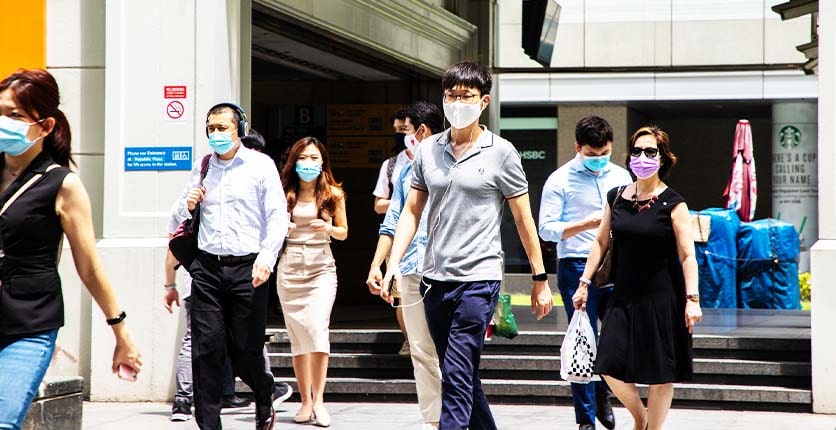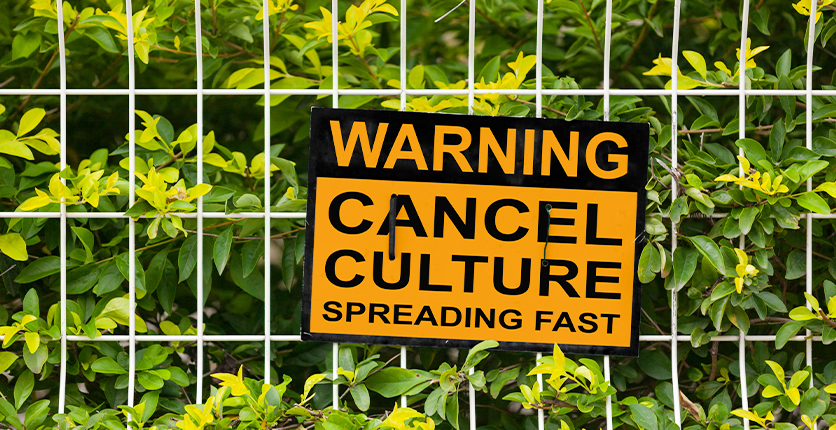Singapore imports over 90% of the food we consume, which puts us in a vulnerable situation when events like the pandemic hit us. Before the circuit breaker last year, panicked shoppers stripped supermarket shelves bare, and many were worried about their future food supply.
If there is one important lesson we’ve learnt from the past two years, it is that we need to achieve a certain level of food sustainability. We need to ensure we have enough to feed ourselves even during the toughest times when food imports and supplies are severely curtailed.
We speak to John Cheng, Founder and Managing Director of Innovate 360 & Co-founder and Chairman of Feed 9 Billion, on his observations on how eating habits have changed due to the pandemic and what strategies we can adopt to achieve food sustainability for the future. John will be one of the speakers at the SAFRA Engagement Forum 2021: Living in an Endemic Singapore. Don’t forget to log on to get more helpful information and advice.
Q: We have been very fortunate that our government has been able to sustain our food security during the pandemic. How has the pandemic impacted our food supply situation?

John: I think Covid-19 has shed some light on the fragility of the food supply chain. During the early onset of the pandemic, food hoarding and the closing of borders made food security a big concern for us despite the fact that our food sources were well diversified.
The problem was that every other country also faced the pandemic, thereby resulting in disruptions to our diversified food supply chain. This has accelerated the push by our government to plan and achieve the 30 by 30 goal – to produce 30% of our nutritional needs locally by 2030.
The pandemic made many people aware of how important this goal was for Singapore. I am starting to see a movement of people supporting local farms and produce, as well as hobbyists and companies starting to grow more locally.
Q: How do you see the pandemic affecting Singaporean lifestyles and eating habits?
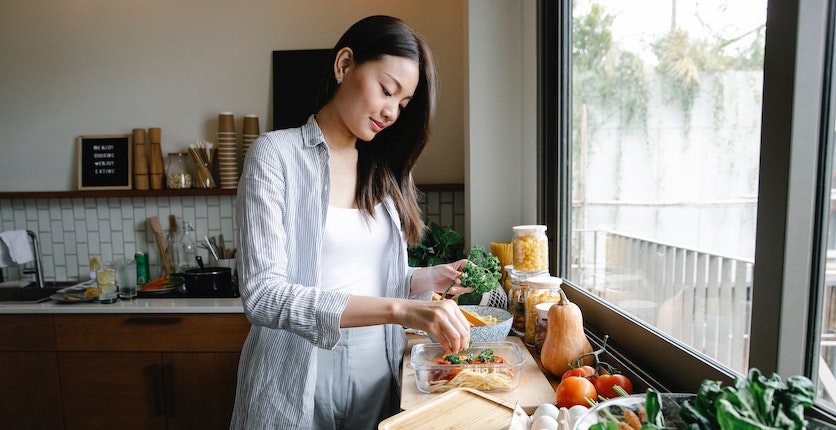
John: With Covid-19, many people are still on WFH and flexible work arrangements so the concept of eating at home is widespread now, whether it’s cooking for themselves or getting meals via food delivery. As a result, people are more conscious of what they eat.
Expectations for eating out have also gone up – people expect more if they dine at a restaurant as many have become quite good at whipping up meals themselves through online recipes or via YouTube! Some have even become home chefs and started their own home-based food business.
Q: With so many changes affecting the climate and food situations around the world and Singapore, what should the individual Singaporean be aware of most in these trying times?
John: Looking at some past and present incidents, I think we should not forget that not everyone in our society can afford to have three meals a day. It’s good that we have great initiatives to address this problem and one of those I support is the North West CDC project which provides help to feed low income households in the North West district. All these initiatives should continue.
Q: What can individuals do to help, especially when we move into an endemic situation?
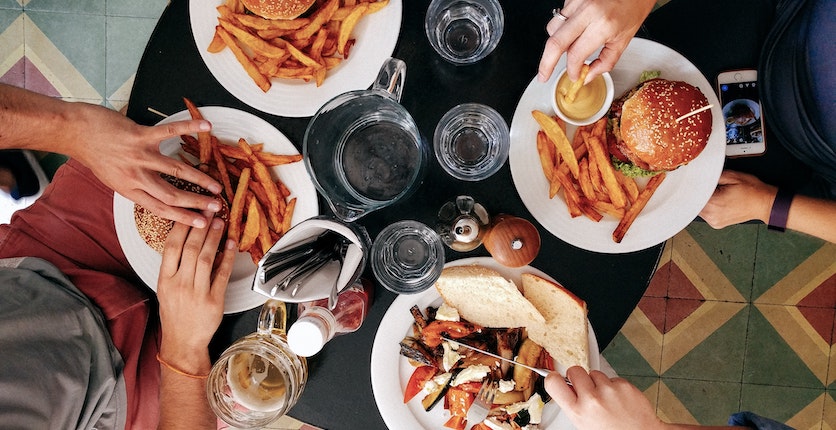
John: I think people should also try to be more conscious of their food choices and the food waste that is produced based on their eating habits. They can think about not over-ordering food and selecting more plant based/alternative protein food items.
To help combat climate change and reduce our carbon footprint, people can also convert from being omnivores to flexitarians (people who eat a mostly plant-based diet with some occasional meat products). They can also look at going green and supporting local food farms. This will not only help local businesses, it will also help us achieve food security and progress towards the government’s 30 by 30 goals.
Q: What do you think is the biggest issue we should all be made aware of when it comes to food supplies and security?
John: We should think about consuming more responsibly. The world would be a better place if we could feed 9.8 billion people by 2050 – the year experts predict when there would be too many people and too little food to feed them.
Consuming responsibly means looking at what we eat, how much we eat and also how healthily we eat. Healthy eating means healthy bodies, and in turn we won’t take away precious resources which we would have to if we were unhealthy or sick.
Hear from our other speakers on Financial Sustainability and Mental Wellness.
The SAFRA Engagement Forum is a Facebook Live Event which will focus on Financial Sustainability, Mental Wellness and Food Sustainability.
This free event happens on:
Date: Thursday, 7 October 2021
Time: 8pm – 9.30pm
Log on to www.facebook.com/SAFRAsg to view it LIVE
For more info on the forum, go to www.safra.sg/whats-on/engagementforum. If you have any questions for our speakers or other queries, please email sync@safra.sg
